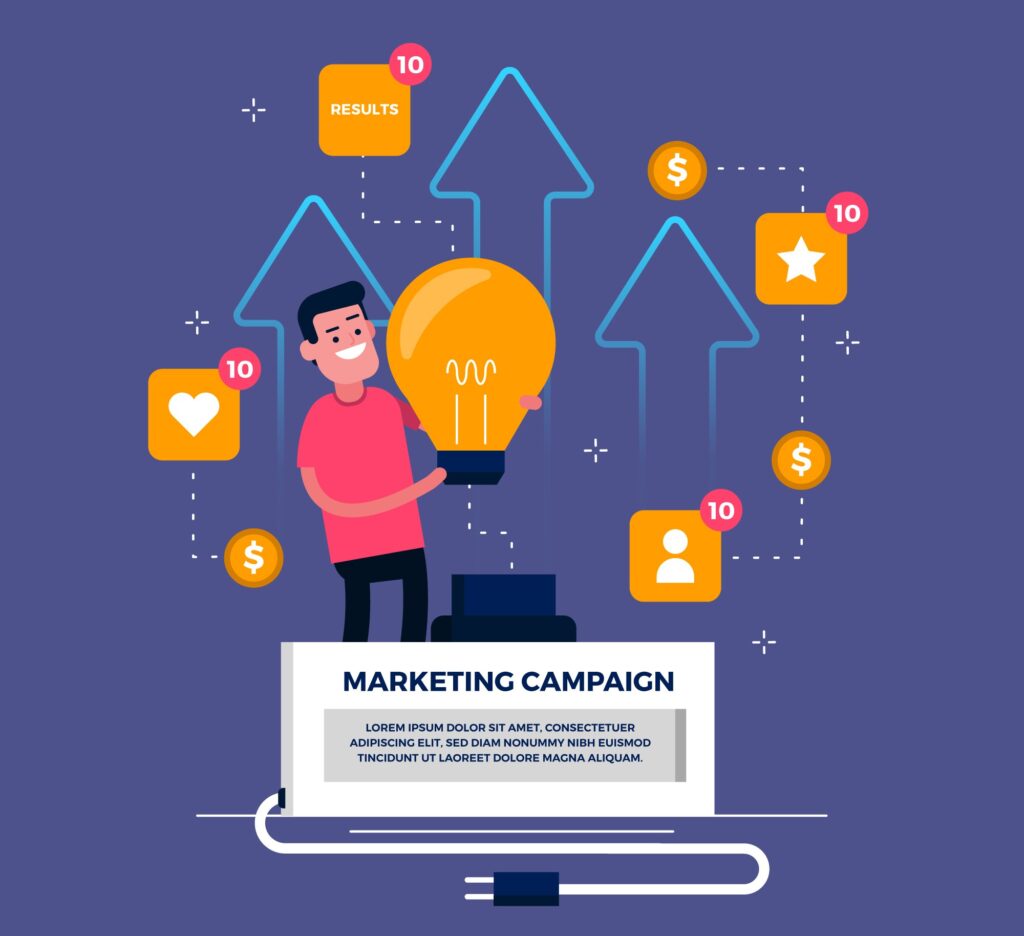Digital Marketing Meaning
06th August 2024

The use of digital platforms and technologies for the purpose of promoting goods, services, or brands is known as digital marketing. It encompasses a wide range of online strategies and tactics designed to reach and engage target audiences in the digital space.
Key Components of Digital Marketing
Search Engine Optimization (SEO)
SEO involves optimizing website content and structure to improve visibility in search engine results. This includes:
+ Keyword research and implementation
+ On-page optimization
+ Link building
+ Technical SEO
Content Marketing
material marketing aims to attract and retain a certain audience through the creation and distribution of interesting, educational material. It includes:
+ Blog posts
+ Videos
+ Infographics
+ Podcasts
+ E-books
Social Media Marketing
This involves using social media platforms to connect with audiences, build brand awareness, and drive engagement. Key aspects include:
+ Platform selection (e.g., Facebook, Instagram, LinkedIn)
+ Content creation and curation
+ Community management
+ Paid social advertising
Email Marketing
Email marketing uses email to communicate with potential and existing customers. It involves:
+ Building and segmenting email lists
+ Creating engaging email content
+ Automating email campaigns
+ Analyzing email performance metrics
Pay-Per-Click (PPC) Advertising
PPC is an internet advertising approach in which marketers are charged every time a user clicks on their advertisement. It includes:
+ Keyword research and selection
+ Ad copy creation
+ Bid management
+ Landing page optimization
Benefits of Digital Marketing
Increased Reach
Businesses may transcend regional boundaries and reach a worldwide audience with digital marketing.
Cost-Effectiveness
Compared to traditional marketing methods, digital marketing often offers a more affordable way to reach target audiences.
Measurability
Digital marketing provides detailed analytics and metrics, allowing for precise measurement of campaign performance.
Personalization
With digital tools, marketers can tailor their messages and offers to specific audience segments or even individuals.
Interactivity
Digital channels enable two-way communication between brands and consumers, fostering engagement and loyalty.
Challenges in Digital Marketing
Rapidly Changing Landscape
The digital world evolves quickly, requiring marketers to constantly adapt their strategies and skills.
Data Privacy Concerns
With increasing regulations like GDPR, marketers must be careful about how they collect and use consumer data.
Ad Fatigue and Banner Blindness
As consumers are exposed to more digital ads, they may become less responsive, requiring marketers to find new ways to capture attention.
Competition
The low barrier to entry in digital marketing means increased competition for audience attention.
Future Trends in Digital Marketing
Artificial Intelligence and Machine Learning
AI and ML are expected to play a bigger role in personalizing marketing efforts and automating tasks.
Voice Search Optimization
As voice-activated devices become more popular, optimizing for voice search will become increasingly important.
Video Marketing
Video content is likely to continue growing in importance across various digital platforms.
Augmented and Virtual Reality
These technologies may offer new ways for brands to engage with consumers and create immersive experiences.
Conclusion
Digital marketing is an essential component of modern business strategy, offering numerous opportunities to connect with audiences in meaningful ways. As technology continues to advance, the field of digital marketing will evolve, presenting both challenges and exciting possibilities for marketers and businesses alike.
